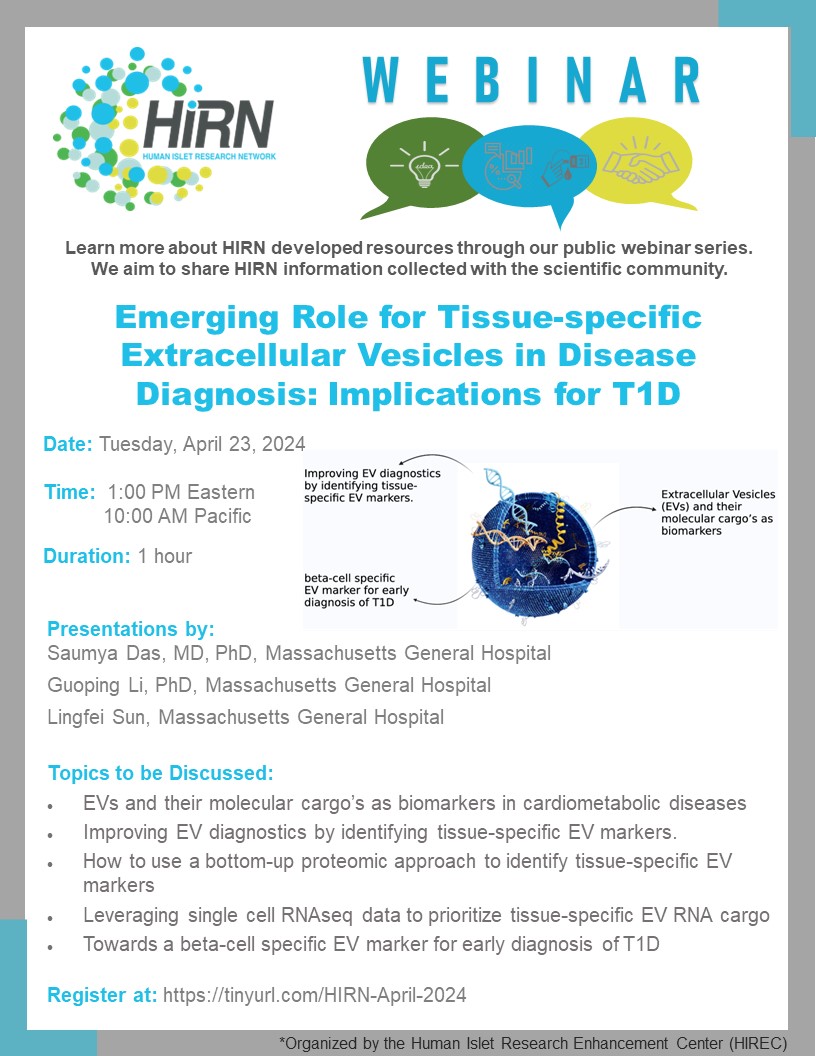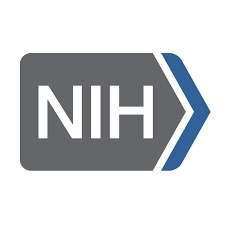Leaving Community
Are you sure you want to leave this community? Leaving the community will revoke any permissions you have been granted in this community.
JDRF Funding Opportunity: Innovative Strategies To Demonstrate “Immunological Proof-of-Mechanism” And To Explore Early Outcome Measures In Immunotherapy Trials
Here is the information from JDRF website:
"INNOVATIVE STRATEGIES TO DEMONSTRATE “IMMUNOLOGICAL PROOF-OFMECHANISM” AND TO EXPLORE EARLY OUTCOME MEASURES IN IMMUNOTHERAPY TRIALS
PURPOSE
JDRF is committed to addressing key hurdles in accelerating the clinical path towards approval of effective immunotherapies for the prevention and treatment of T1D. To that end, JDRF is soliciting letters of intent (LOIs) for the development of revised outcomes for clinical trials of immunotherapiesthat will allow faster and more efficient studies to establish proof-of-mechanism and proof-of-concept. Efforts are urgently needed in the T1D community to define measures that will allow evaluation of the therapeutic effects of candidate immune therapies in a shorter time frame and utilizing fewer subjects to evaluate therapeutic benefit.
BACKGROUND
In all T1D immunotherapy trials to date, efficacy has been defined as preservation of beta cell function measured in a mixed meal tolerance test (MMTT). However, the high burden and high variability in MMTTs, and the need for a long observation period (typically twelve months) results in overly burdensome trials that require large numbers of patients and take a long time to execute, significantly slowing progress for evaluating candidate therapies. Retrospective mechanistic analyses of samples from several T1D trials, are providing compelling evidence for enhanced regulatory T (Treg) cell numbers and function and reduced or disabled memory T effector (Teff) cell subsets in responders to immunotherapies, suggesting that immune regulation might be achieved with the right type of therapy(ies) in the right subjects with the right treatment regimen. This rationale underscores the potential to identify robust early markers or predictors of immune efficacy and to link such to early markers of beta cell health, early metabolic measures, and possibly relevant patient reported outcomes.
OBJECTIVES/SCOPE
Letters of intent are sought from investigators/groups that will address any or all of the following:
1) Define a measure or measures that will allow evaluation of candidate immune therapies for treatment effect, in a shorter timescale and with fewer subjects than current practice.
2) Explore early outcome measures that are surrogates for clinical efficacy in immunotherapy trials.
3) Define a lower burden outcome measure that may be frequently sampled with easier tools and technologies than currently available.
4) Define a measure/score for therapeutic effect, incorporating measures that represent early alterations in disease course after interventions.
5) Other novel approaches to determine early readouts of immune therapeutic effect and/or link such to improved, earlier outcomes in T1D immunotherapy trials.
Examples of pertinent topics include, but are not limited to:
-Small prospective intervention trials designed to collect and link mechanistic, metabolic and patient outcome data for exploration of early endpoints after treatment with immunotherapies.
-Evaluation of the impact of immunotherapies (if any) on early features of beta cell function that go beyond overall stimulated C-peptide secretion (e.g. early phase insulin secretion, rapid control of post-prandial glucose excursions, appropriate counter-regulation to avoid hypoglycemia, etc.)
-Evaluation of datasets from relevant non-immune intervention trials to generate early surrogates of positive metabolic effectsthat can be tested/incorporated in future immune intervention trials.
-Validation studies of novel scores or measures of clinical benefit in new data sets, trials or cohorts.
-Standardization and harmonization of definitions of responders in immunotherapy trials and for achieving comparable surrogate measures of treatment effect across future trials.
Please note that cross-disciplinary projects involving multi-functional teams (modelers, statisticians, clinicians, epidemiologists, endocrinologists, immunologists, health economists, regulatory affairs subject matter experts), and involving industry-academia collaborations are highly encouraged and will be given top priority. This RFA is not intended to support: studies involving preclinical models of disease, or prospective studies with devices or non-immune interventions.
Also, while outside the scope of this RFA, any applicant with access to high quality (worldwide) health record data to trace QoL trajectory and clinical parameters through natural history of T1D, are encouraged to contact JDRF staff to gauge relevance to other related JDRF efforts.
Applicants who wish to consult with JDRF Program Staff to discuss the responsiveness of their proposal to this program or to discuss ideas or resources that might benefit this initiative may do so via email to the contacts listed in this RFA. Please keep enquiries brief and to the point.
Introduction meeting: August 13, 2018 at 11am - 12 pm US Easter Time
o Letter of Intent Deadline: September 12, 2018
o Full Proposal Deadline: November 14, 2018"






